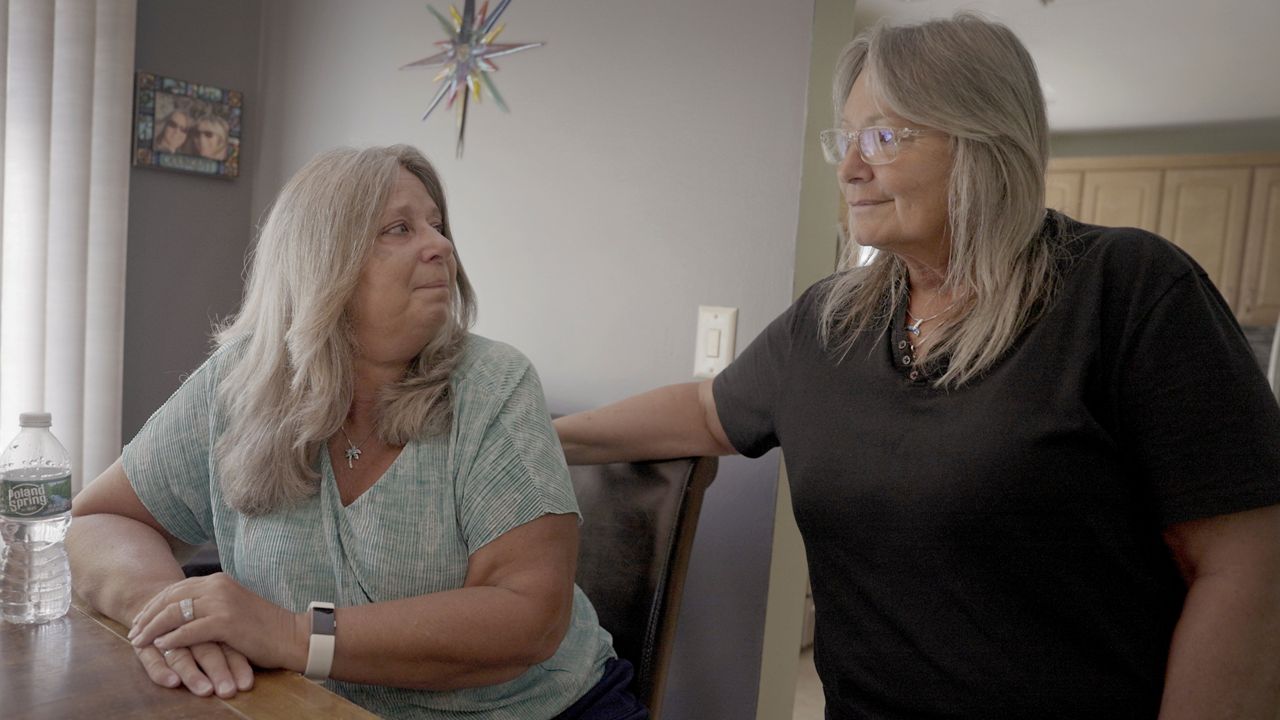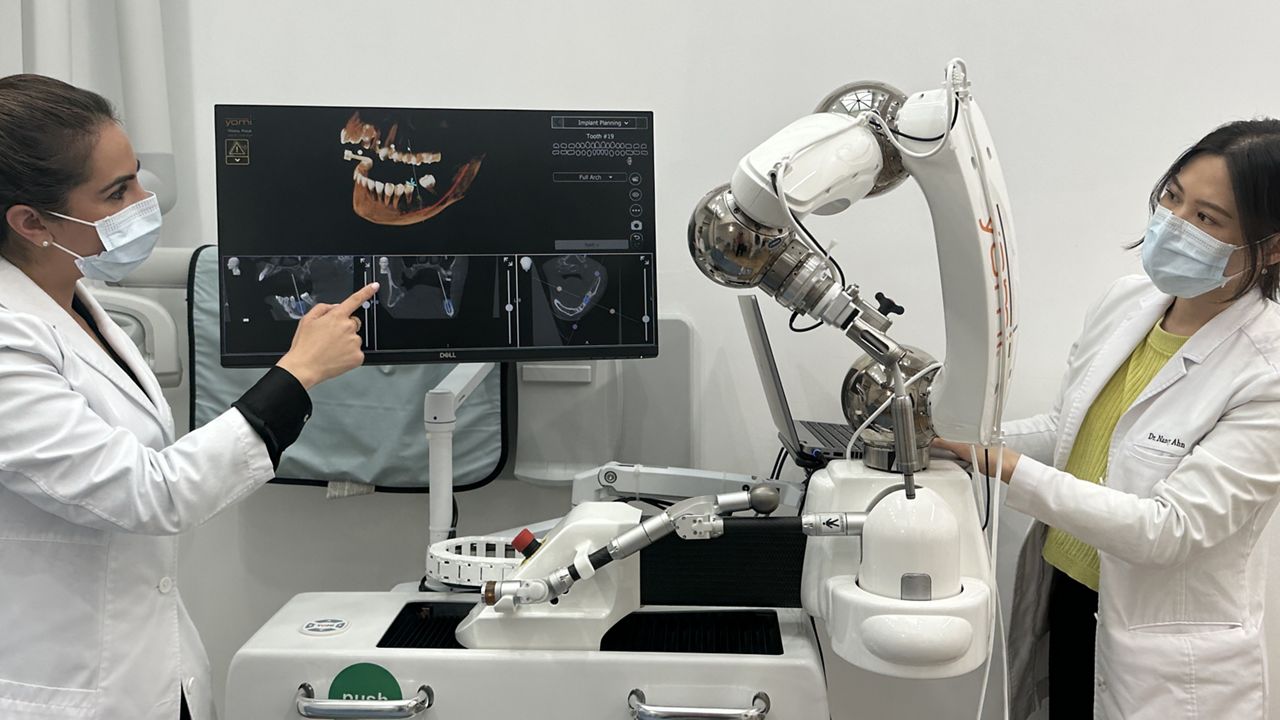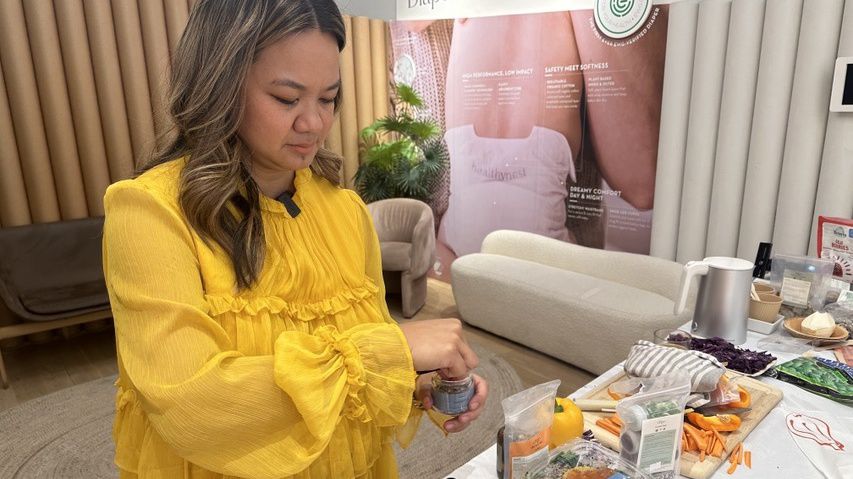NEW YORK - It was a packed house Monday as hundreds of people listened to information and took notes about who is eligible for the September 11th victim compensation fund.
Many also wanted to know the list of medical conditions that are covered including 68 forms of cancer.
"If there’s any question that you have a health problem that might be related sign up for the programs. Because you can get that evaluation and they can make that determination," said one speaker.
Among the speakers was comedian Jon Stewart who also urged New Yorkers to sign up and get their documentation in order if they believe they're eligible.
"Your presence stabilized a chaotic time, not only in this city, but in the country. and the price that you pay for it now is one that means you've earned our respect, our attention, and your own health care," Stewart said.
Susan John was glued to every word. She’s concerned that she could be developing a 9/11 related illness.
"I went to school here and I worked around here but I never went to get tested or anything. Now I’m starting to get shortness of breath," John said.
The forum was held at Borough of Manhattan Community College to raise awareness among people who lived, worked and went to school in Lower Manhattan after the September 11th attacks.
"I knew that we were victims before but I didn’t know that we were included as the police and firefighters were," said one attendee.
Organizers say most people who were exposed to toxins after 9/11 are not aware of the risks or help available and less than one in four has registered with the World Trade Center Health Fund.
"It’s heartbreaking. These people are dying just like the cops and the firefighters and they don’t know that they are entitled to free healthcare and compensation," said Michael Barasch, an attorney.
"They are fresh off the anniversary of 911 and we’re somewhat fresh off of getting VCF extended. People pay more attention to 911, but what I’m seeing now is an increase in cancer you know we have over 14,000 with a certified 9/11 cancer that number is going to grow astronomically in the next five or 10 years," said John Feal of the FealGood Foundation.
For some people, the information was overwhelming, but they now have a better understanding of what they need to do going forward.




)


